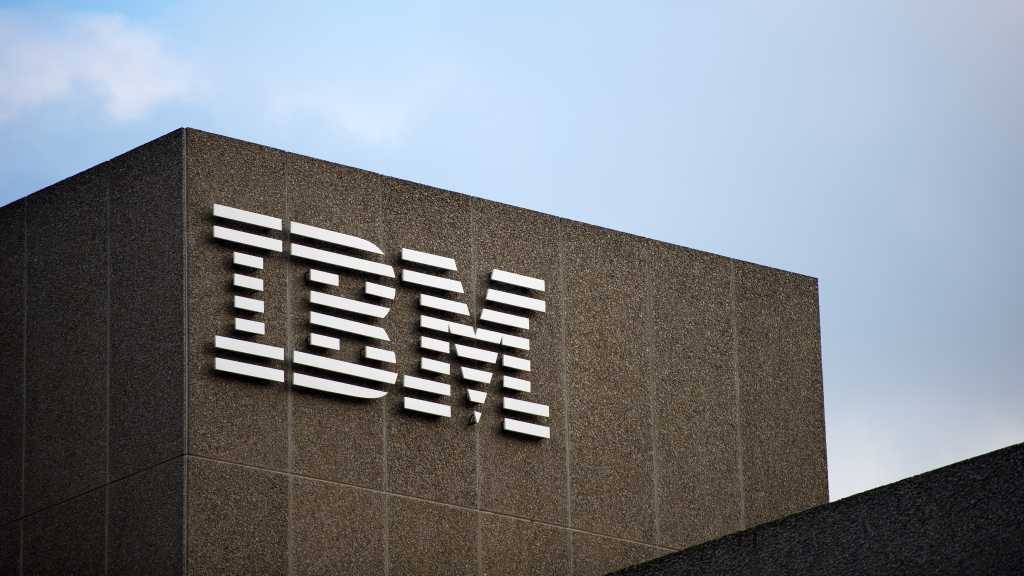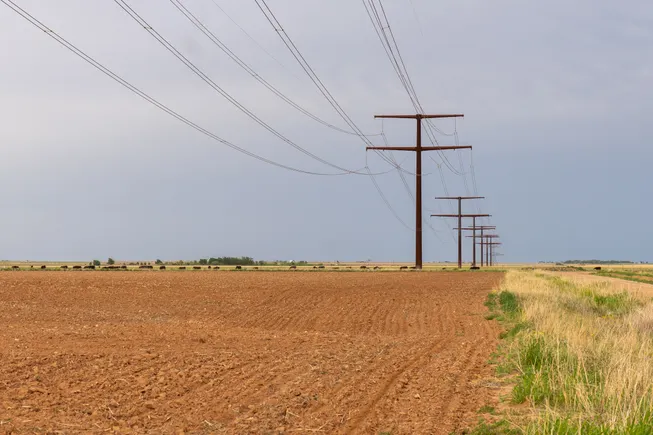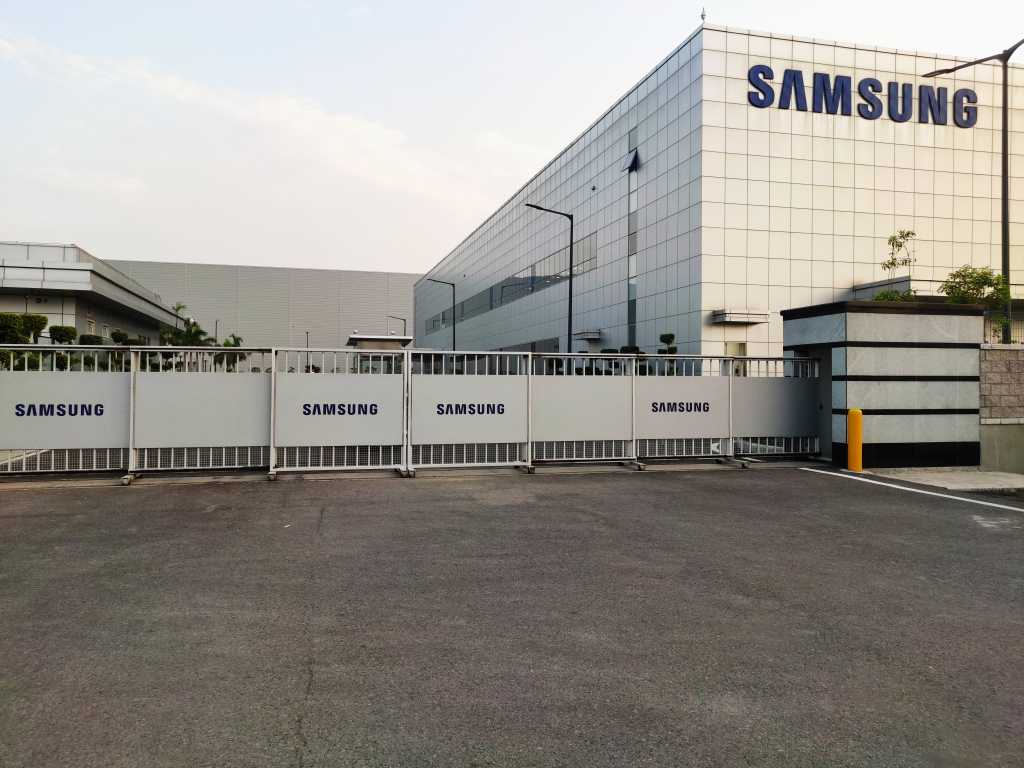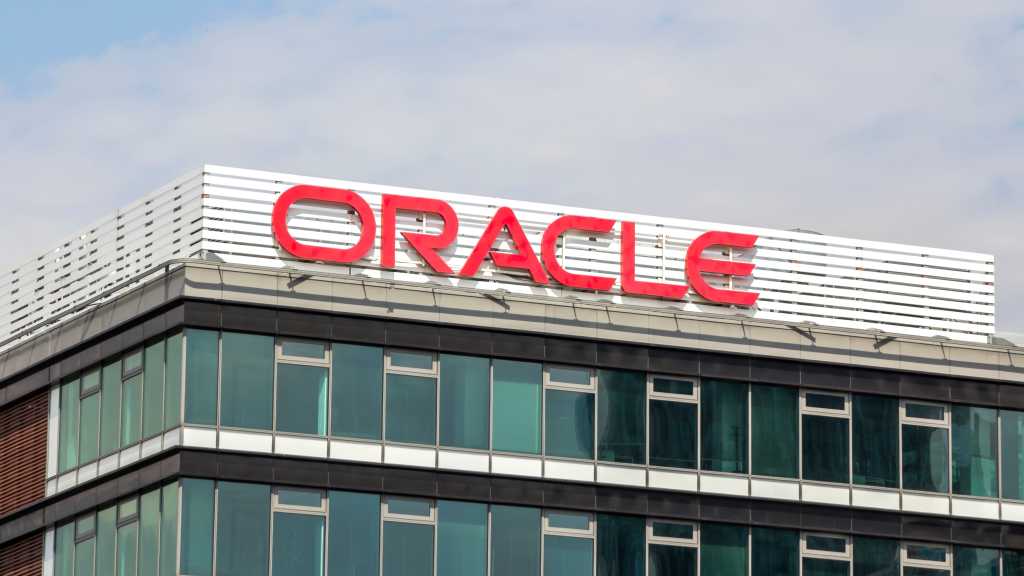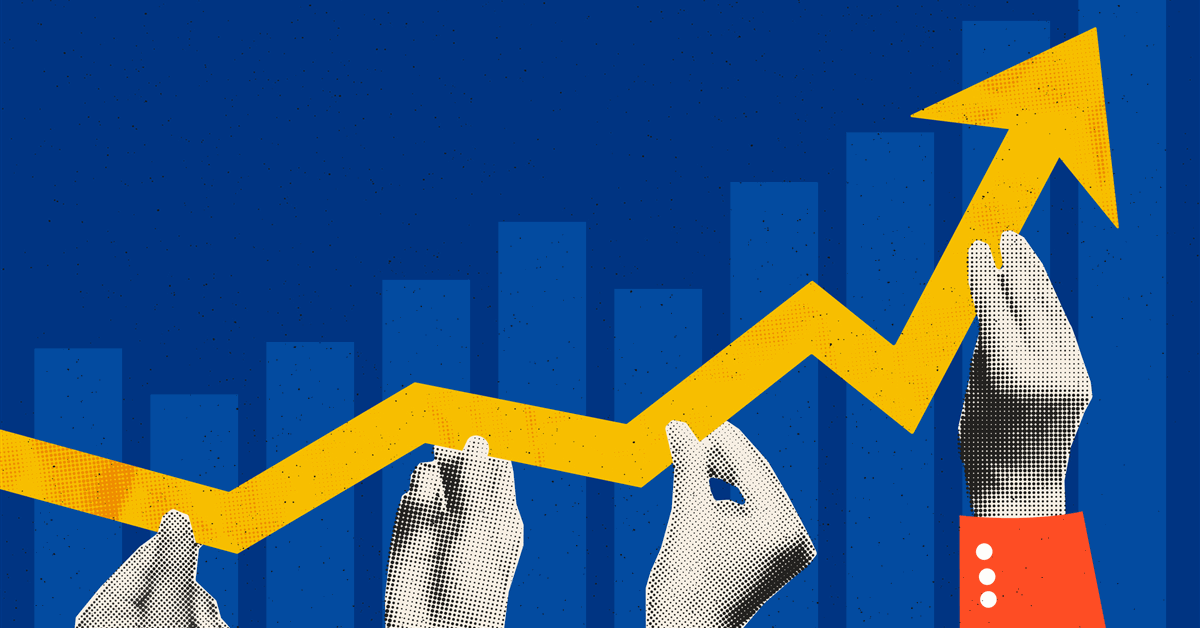
Shell Plc beat profit estimates and maintained share buybacks while paying down debt, showing its resilience to weaker oil prices.
The third-quarter performance was helped by stronger oil and gas trading, a vital part of the business that struggled earlier in the year amid geopolitical volatility. An expansion in Shell’s liquefied natural gas business after the startup of a new project in Canada also contributed to the positive outlook.
The strength of Shell’s balance sheet — with net-debt falling from the prior quarter — has positioned the company to maintain consistent returns to investors even as oil prices have fallen. Following years of wide fluctuations, the company’s results have reached the point of “boring” consistency for some analysts.
Chief Executive Officer Wael Sawan has been on a two-year push to cut costs, improve reliability and offload under-performing assets in an effort to close a valuation gap with the company’s US rivals. Shell’s shares have risen 16% in London since the start of 2025, outperforming its closest peers.
“Shell delivered another strong set of results, with clear progress across our portfolio and excellent performance in our marketing business and deepwater assets in the Gulf of America and Brazil,” Sawan said in a statement on Thursday.
The company maintained its pace of share buybacks at $3.5 billion a quarter. Adjusted third-quarter net income dropped about 10% from a year earlier to $5.43 billion, but was well above the average analyst estimate of $4.74 billion. Net debt declined to $41.2 billion from $43.2 billion at the end of June. Shares of the company were little changed.
After years of outsized profits as demand roared back following the pandemic, the world’s largest energy producers are facing leaner times with crude prices having dropped about 14% this year. Oil market fundamentals point to an oversupply in 2026, Shell Chief Financial Officer Sinead Gorman said on a call with journalists.
In an effort to protect profits, oil majors have responded by cutting jobs, reducing investments and in some cases trimming share buybacks. Shell’s earnings and cash flow were “supported by a set of strong operational indicators,” RBC Capital Markets analyst Biraj Borkhataria said in a note.
Shell’s chemicals unit lost money again in the third quarter, with Gorman highlighting “tough” margins. The beleaguered business has been a drag on the wider company’s performance for some time and Gorman said Shell continues to look for the opportunity to divest its chemicals operations in the US, where the firm is “in discussions with many people.”
“It will not be a quick move on that one,” she said. “That will take time.”
In Europe, Shell is looking at shutting down some chemical assets. Major producers have already announced closures or have idled capacity in the continent, including Dow Inc. and Exxon Mobil Corp., partly as high energy costs in the region make it difficult to compete.
On oil and gas exploration and production, analysts had questions for Shell over its long-term inventory of assets to develop. US peers Chevron Corp. and Exxon have both completed major acquisitions primarily aimed at boosting their upstream resources.
Shell is “starting to see some more opportunities” for deals due to lower oil prices, Gorman said. The company has a high bar and “will only look at opportunities where we have competitive advantages.”
WHAT DO YOU THINK?
Generated by readers, the comments included herein do not reflect the views and opinions of Rigzone. All comments are subject to editorial review. Off-topic, inappropriate or insulting comments will be removed.




